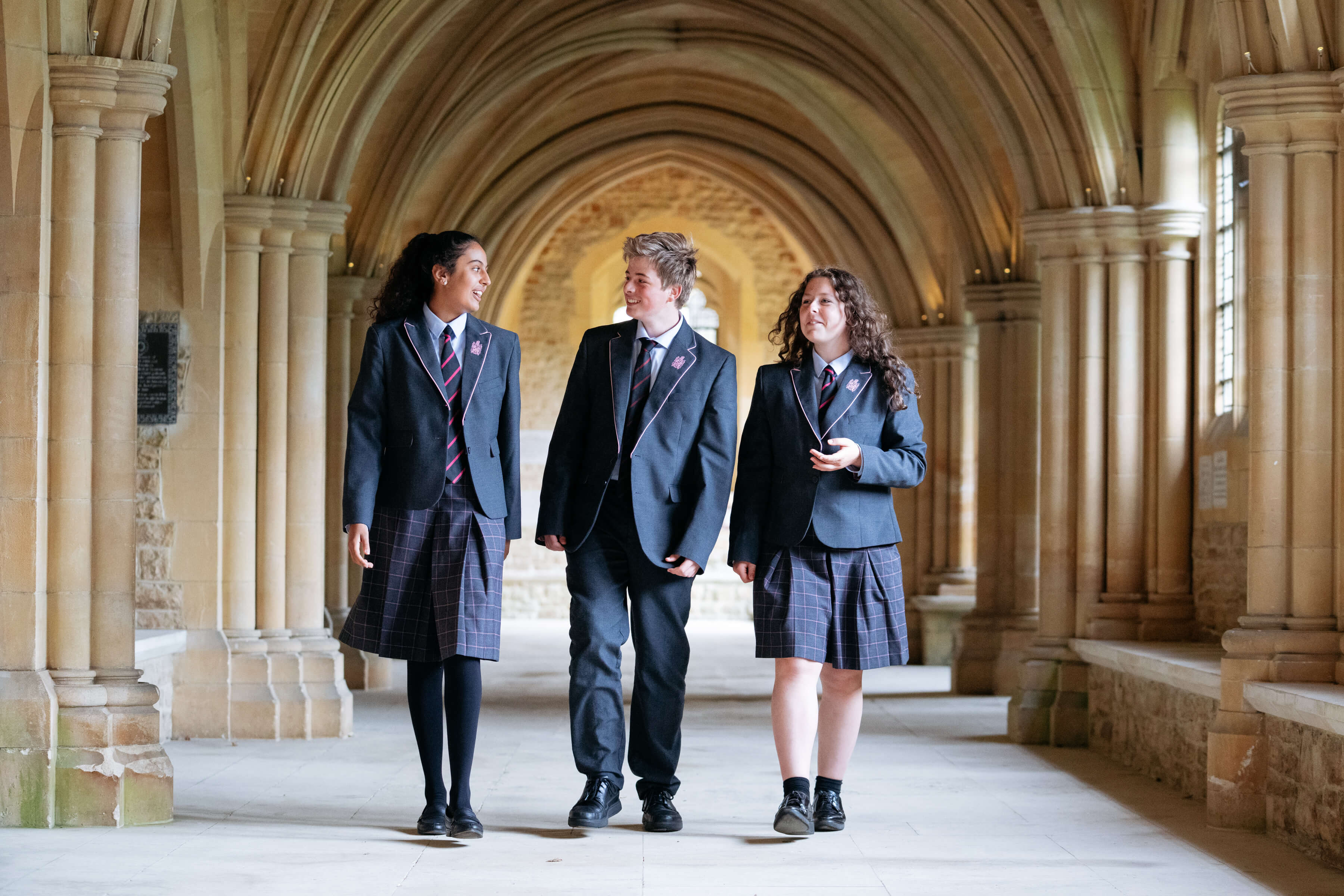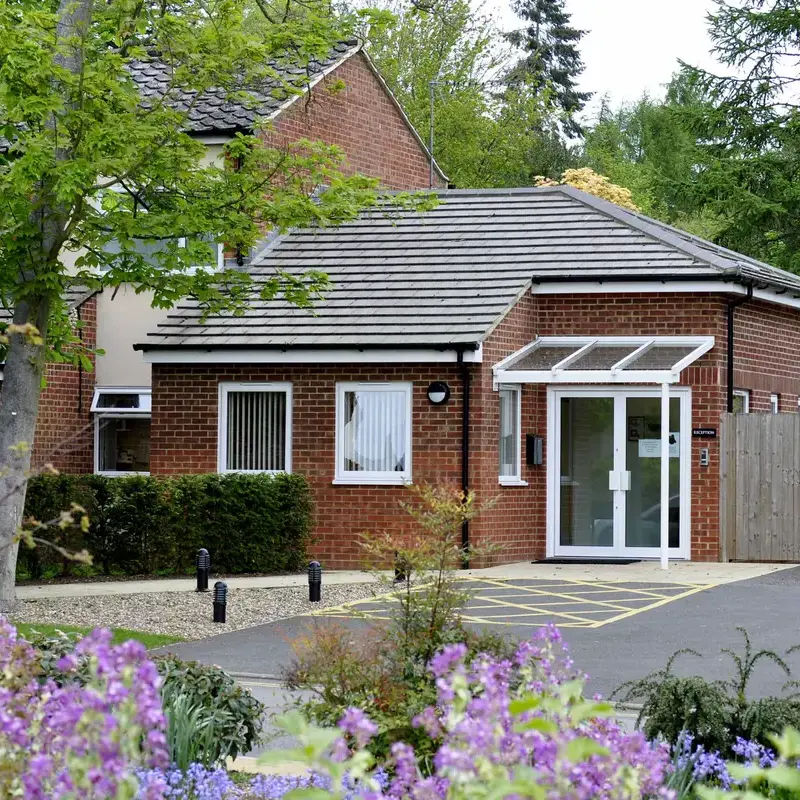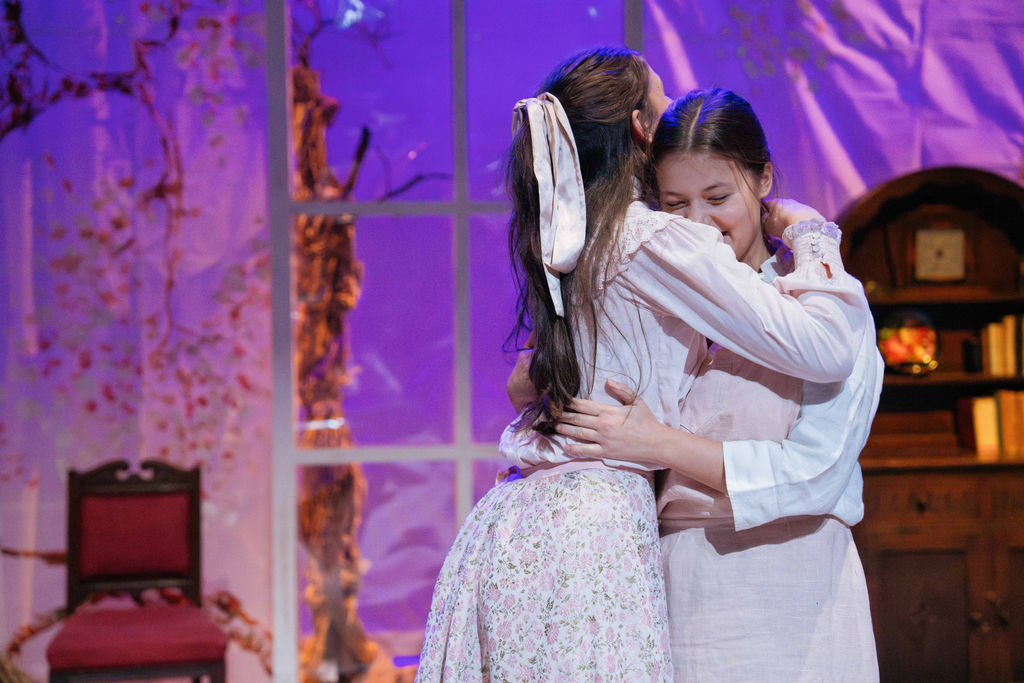Safeguarding
Charterhouse is a Safeguarding Centre of Excellence. We are committed to ensuring the welfare and safety of all our pupils. We believe that to learn effectively, pupils need to be and feel safe and happy.
Our Commitment
At Charterhouse, safeguarding is at the heart of everything we do. We are committed to maintaining the highest standards of welfare and safety for all pupils, both online and offline. Safeguarding is everyone’s responsibility, and our approach is firmly child-centred. Our policies on Safeguarding and Child Protection outline our procedures in detail.
Our policies
We prioritise early intervention to protect pupils from abuse and neglect. Our staff are highly trained, vigilant, and confident in recognising signs of harm and taking prompt action. We believe that when pupils feel safe, they are empowered to learn, grow, and thrive.
Our Approach
We adopt a proactive mindset, “it can happen here”, because experience shows that professional curiosity, healthy scepticism, and cautious optimism are essential to keeping children safe.
Our Welfare Management Committee supports pupils requiring additional care through a framework of early intervention, a designated lead professional, and a multi-disciplinary approach. We also maintain strong partnerships with local safeguarding agencies to ensure access to specialist support when needed.
Through our rigorous annual safeguarding audits, we continuously strive to raise standards and innovate. Our goal is to be recognised as a national centre of excellence in safeguarding.
Reporting a Concern
If you are concerned about a child, please contact our Designated Safeguarding Lead (DSL):
Alex Colclough
Deputy Head of Safeguarding, Learning Support & SEND
Alex leads a team of Deputy DSLs who are trained to respond to concerns with sensitivity and urgency.
You may also contact Surrey County Council’s Children’s Single Point of Access (C-SPA) for external support.
If you believe a child is in immediate danger, call 999 without delay.
Non-Recent Child Abuse
Non-recent (or historical) abuse refers to abuse experienced by an individual under the age of 18, which is disclosed in adulthood. Survivors may carry feelings of guilt or self-blame, but it is important to understand that abuse is never the victim’s fault.
Following our ‘Say Something’ campaign in 2021, we encourage anyone with concerns about non-recent abuse related to Charterhouse to contact the DSL confidentially.






